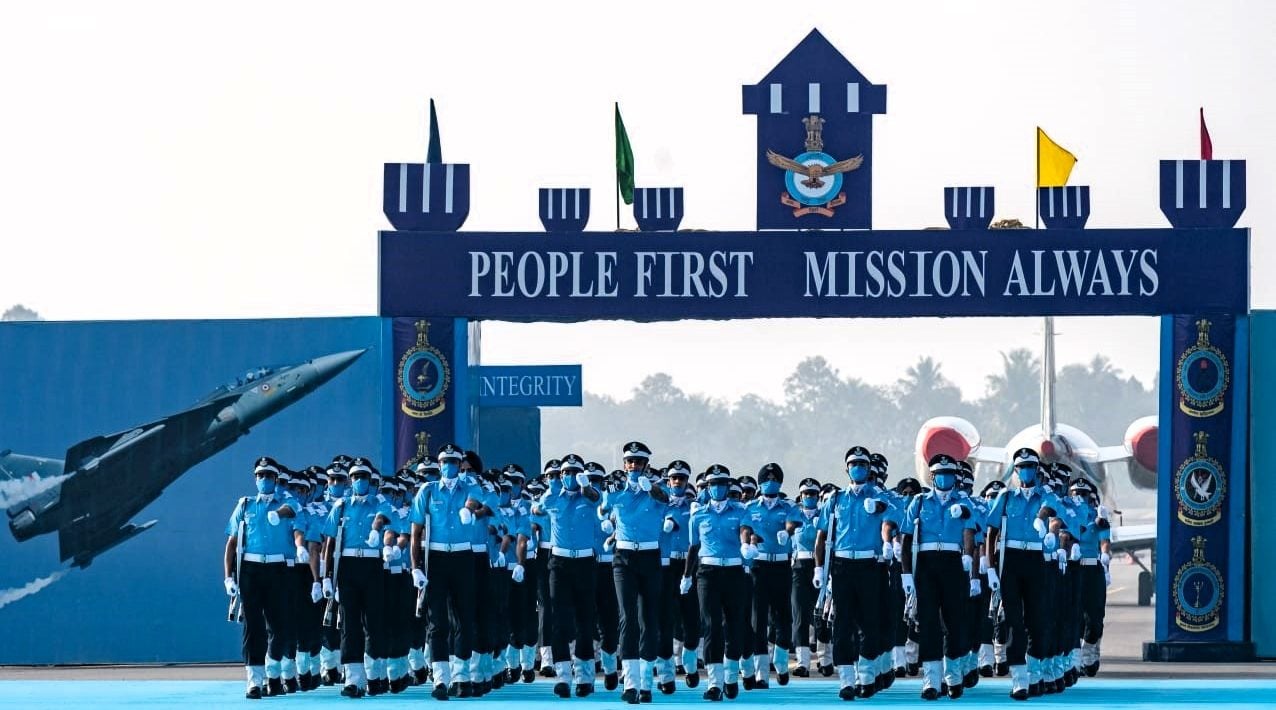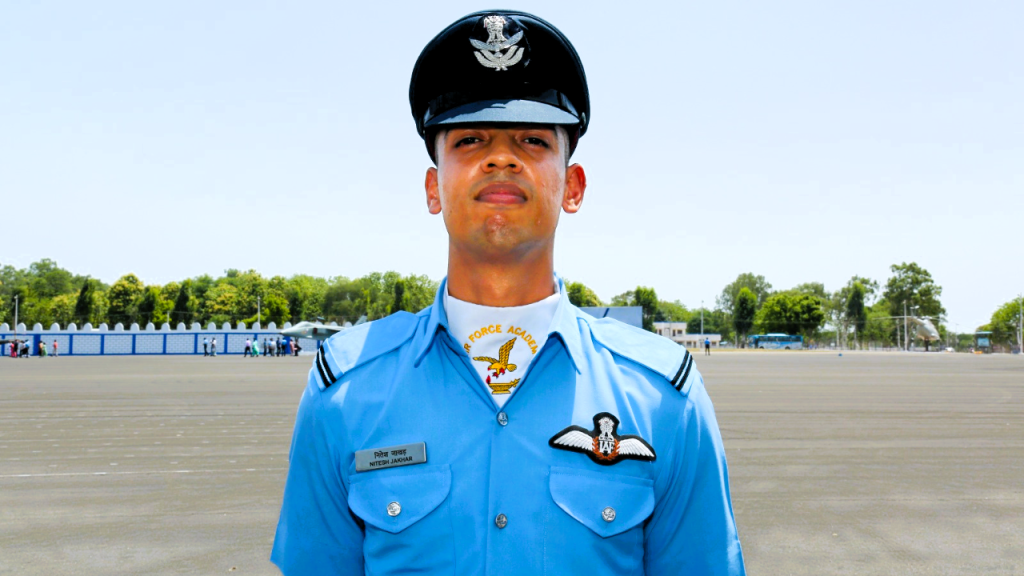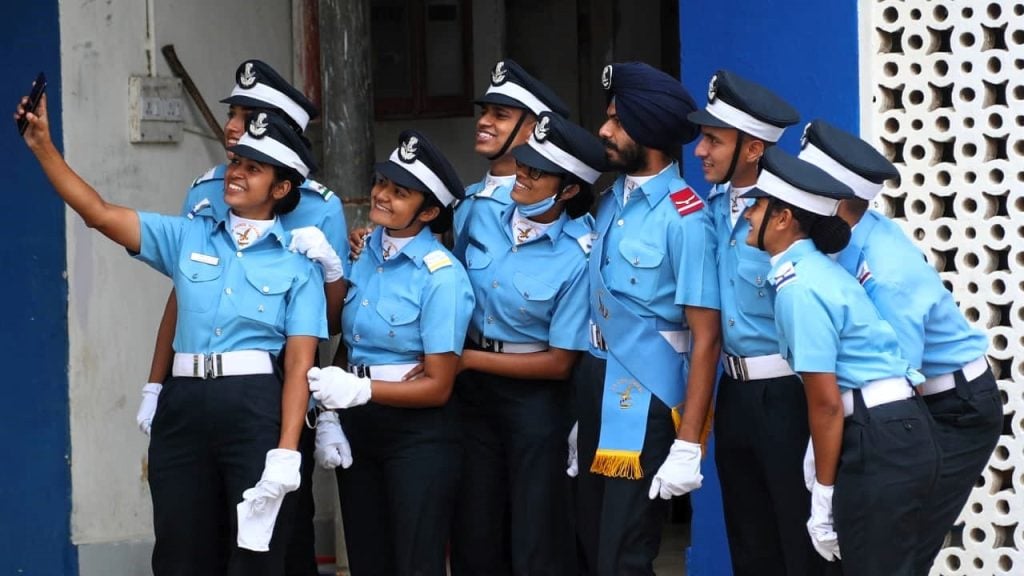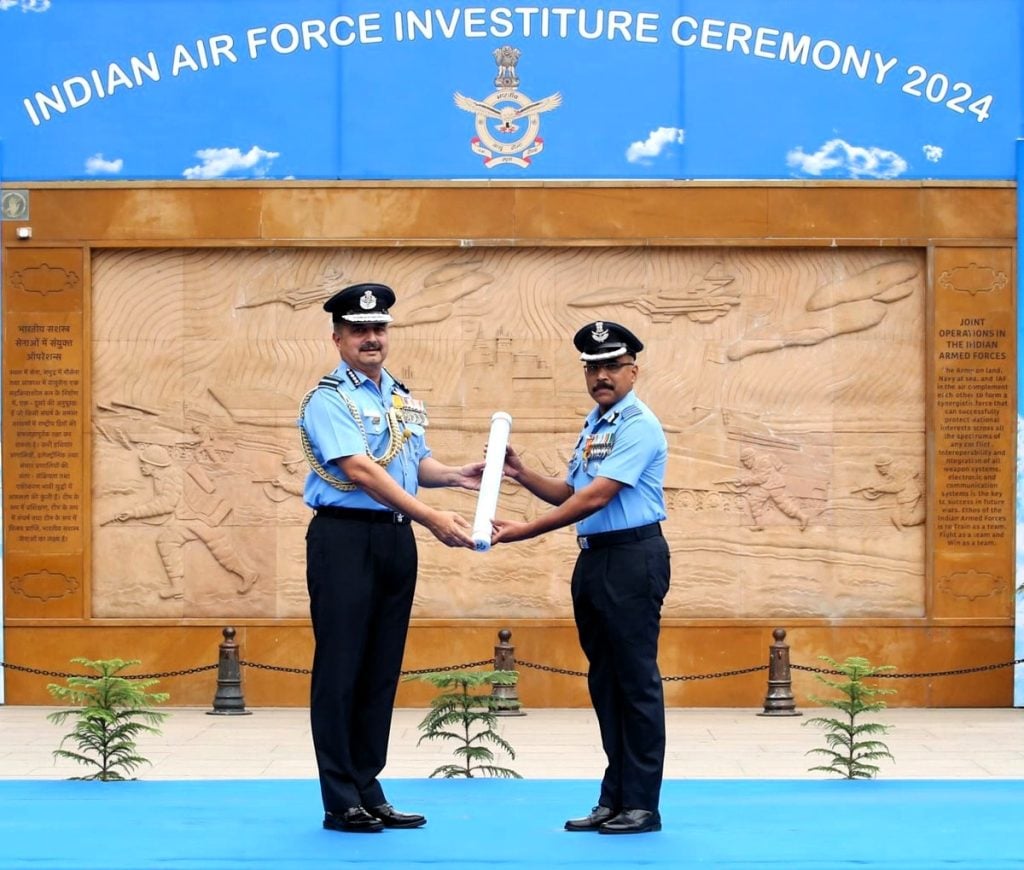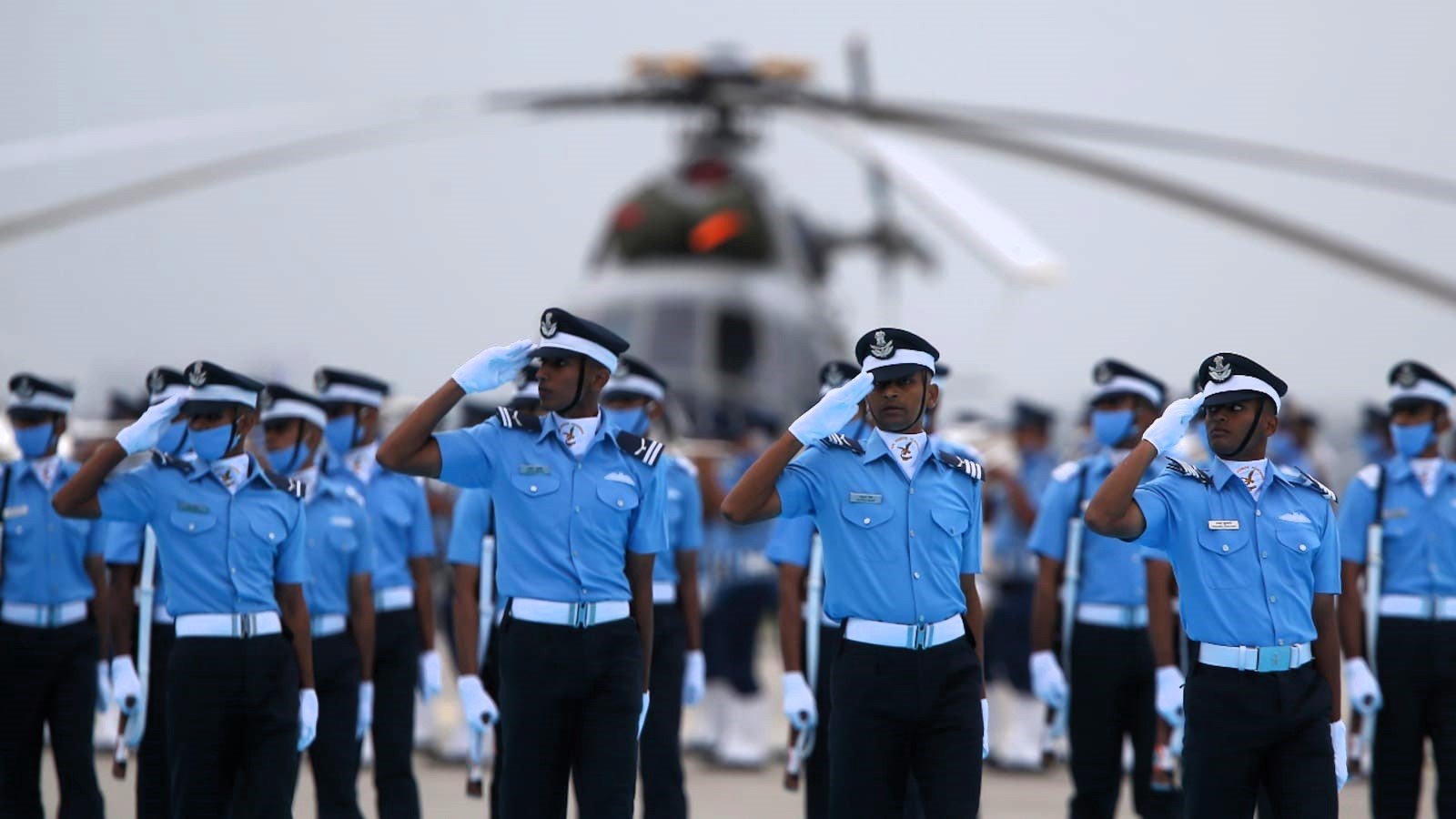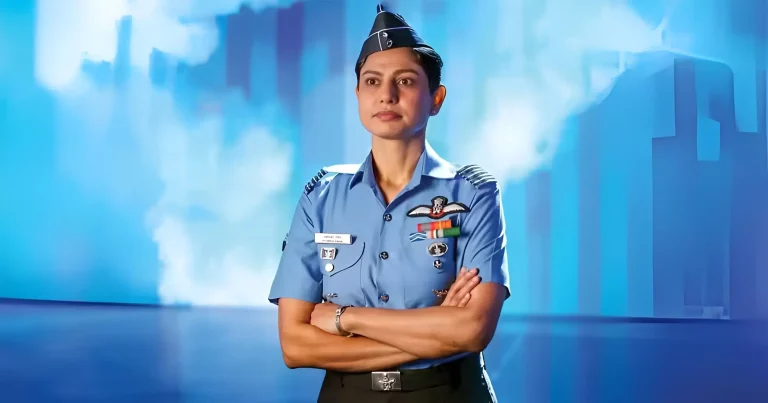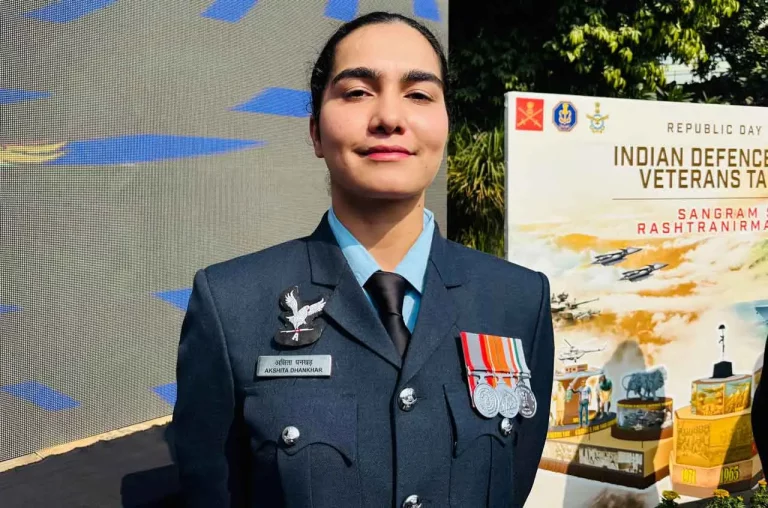Embarking on a career as an aeronautical engineer in the Indian Air Force (IAF) is a prestigious and fulfilling journey, attracting many aspiring individuals. The IAF is not only a symbol of national pride but also a hub for innovative engineering and cutting-edge technology. This article will guide you through the process of becoming an aeronautical engineer in the IAF, detailing the various pathways, eligibility criteria, and responsibilities associated with this esteemed profession.
An aeronautical engineer in the Indian Air Force plays a crucial role in ensuring the operational readiness of aircraft. Their responsibilities encompass a wide range of tasks, including maintenance, repair, and the overall management of aircraft systems.
Key Responsibilities
- Aircraft Maintenance
- Conducting inspections and troubleshooting issues in aircraft systems such as engines, avionics, and hydraulics.
- Implementing repairs and ensuring that all mechanical aspects of the aircraft are functioning optimally.
- Quality Control
- Upholding strict quality standards in all maintenance and repair activities.
- Following safety protocols to ensure the well-being of personnel and equipment.
- Technical Documentation
- Maintaining comprehensive records, including maintenance logs and technical reports.
- Preparing documentation that supports compliance with regulatory standards.
- Training and Leadership
- Mentoring junior technicians and airmen.
- Supervising maintenance teams and ensuring efficient workflow.
- Research and Development
- Contributing to innovative projects aimed at enhancing aircraft performance and safety.
- Collaborating with other engineering teams to develop new technologies.
Pathways to Becoming an Aeronautical Engineer After 12th Grade
For those who have just completed their 12th grade, there are specific pathways to enter the Indian Air Force as an aeronautical engineer. Candidates can choose between written examinations or direct entry schemes based on their preferences.
Eligibility Criteria
- Age: Candidates must be between 16.5 and 19.5 years old at the start of the course.
- Nationality: Must be an Indian citizen.
- Gender: Open to both males and females.
Educational Qualifications
- Completion of 10+2 with a focus on Physics, Chemistry, and Mathematics.
- Students who are currently in their final year may also apply.
Entry Pathways
National Defence Academy (NDA)
The NDA offers a significant opportunity for students who have completed their 12th grade:
- Examination: Conducted by the Union Public Service Commission (UPSC) twice a year.
- Training: Successful candidates undergo a rigorous three-year training program at NDA, Khadakwasla.
- Commissioning: Upon completion, cadets are commissioned as Permanent Commission Officers in the IAF.
| Branches Available | Degree Offered |
|---|---|
| Flying Branch | B.Tech |
| Ground Duty (Tech) | B.Tech |
| Ground Duty (Non-Tech) | B.Sc |
Also Read | 10 Top Tips for Airforce Agniveer Vayu Exam
Joining the IAF as an Aeronautical Engineer After Graduation
If you have already completed your undergraduate degree and are keen on joining the Indian Air Force, there are specific steps you need to follow.
Eligibility Criteria
- Age: Candidates must be between 20 and 26 years old at the time of course commencement.
- Nationality: Must be an Indian citizen.
- Marital Status: Candidates below 25 years must be unmarried.
Educational Qualifications
- A Bachelor’s degree in Aeronautical Engineering or a related field with a minimum of 60% marks.
- Final-year students can apply provided they have no backlogs and can present a provisional or original degree certificate.
Entry Through AFCAT
The Air Force Common Admission Test (AFCAT) is a gateway for graduates wishing to enter the Ground Duty (Technical) Branch:
- Notification: AFCAT notifications are released biannually, typically in June and December.
- Exam Structure: The exam assesses candidates on various subjects, including General Awareness, Verbal Ability, Numerical Ability, and Reasoning.
| Educational Qualification | Degree Required |
|---|---|
| Aeronautical Engineering | B.Tech/B.E. |
| Mechanical Engineering | B.Tech/B.E. |
| Electrical Engineering | B.Tech/B.E. |
| Electronics Engineering | B.Tech/B.E. |
Exploring the Aeronautical Engineering Branches in the IAF
The aeronautical engineering sector within the Indian Air Force is divided into two primary branches: Mechanical and Electrical. Each branch specializes in different aspects of aircraft maintenance and operation.
Mechanical Branch
- Responsibilities: Focuses on the aircraft and its weapon systems.
- Operational Readiness: Ensures that aircraft are mission-ready and capable of performing their designated tasks.
Electrical Branch
- Responsibilities: Manages sophisticated electronic networks that facilitate communication between ground and air units.
- Technological Maintenance: Involves the installation and upkeep of radar systems and other advanced electronic devices.
Technical Entry Scheme for Graduates
For those who have completed their B.Tech/B.E. in Aeronautical Engineering, the Technical Entry Scheme offers a streamlined pathway into the IAF.
Eligibility Criteria
- Age Limit: Candidates must be below 27 years.
- Academic Requirement: A minimum of 60% aggregate in engineering is necessary.
Application Process
- Notification: Candidates should stay updated on official announcements regarding the Technical Entry Scheme.
- Selection Process: Typically includes a written examination followed by an interview and medical examination.
Preparing for the Selection Process
Preparation is key to succeeding in the competitive selection process for aeronautical engineers in the IAF. Here are some strategies to enhance your chances:
Study Resources
- Books: Invest in standard reference books covering physics, mathematics, and engineering principles.
- Online Courses: Utilize platforms offering courses tailored to AFCAT and other entrance exams.
Mock Tests and Practice Papers
- Regular Practice: Taking mock tests can help familiarize candidates with the exam format.
- Time Management: Practicing under timed conditions can improve speed and accuracy.
Physical Fitness
- Fitness Regime: Maintaining physical fitness is crucial, as candidates must meet specific health standards.
- Regular Exercise: Incorporate cardiovascular and strength training into your routine to enhance overall fitness.
Also Read | Indian Air Force LDC Recruitment 2024, Exam date Out for IAF LDC Delhi
The Importance of Soft Skills
While technical expertise is vital, soft skills play a significant role in the success of aeronautical engineers within the IAF.
Communication Skills
- Team Collaboration: Effective communication fosters teamwork and ensures smooth operations during maintenance tasks.
- Reporting: Clear reporting of technical issues is essential for prompt resolution.
Problem-Solving Abilities
- Analytical Thinking: Aeronautical engineers must possess strong analytical skills to troubleshoot and resolve complex issues.
- Adaptability: The ability to adapt to new technologies and methodologies is crucial in a rapidly evolving field.
Career Growth and Opportunities
A career as an aeronautical engineer in the IAF offers numerous opportunities for professional growth and advancement.
Promotions and Rank
- Merit-Based Promotions: Career advancement is often based on performance and contributions to the organization.
- Leadership Roles: Experienced engineers may transition into leadership positions, managing teams and projects.
Specialized Training
- Continuous Learning: The IAF emphasizes ongoing training and education, offering courses to develop specialized skills.
- Workshops and Seminars: Participation in workshops can enhance knowledge of the latest technologies and practices.
Also Read | AFSB Full Form, Process and Functioning
Conclusion
Becoming an aeronautical engineer in the Indian Air Force is a commendable aspiration that requires dedication, technical expertise, and a commitment to excellence. With the right educational background, preparation, and mindset, candidates can successfully navigate the pathways to this prestigious career. The journey may be challenging, but the rewards of serving your country and contributing to national security are immeasurable.
FAQs
1. Can girls join the Indian Air Force as aeronautical engineers?
Yes, the Indian Air Force welcomes both male and female candidates to pursue careers as aeronautical engineers.
2. What is the age limit for applying to the IAF as an aeronautical engineer?
Candidates must be between 16.5 to 19.5 years old for entry after 12th grade and 20 to 26 years old for graduates.
3. Is there a specific exam for joining the IAF as an aeronautical engineer?
Yes, candidates can take the AFCAT or apply through the NDA depending on their educational background.
4. What qualifications are needed to become an aeronautical engineer in the IAF?
Candidates must hold a B.Tech/B.E. degree in Aeronautical Engineering or a related field with a minimum of 60% marks.
5. What are the responsibilities of an aeronautical engineer in the IAF?
Responsibilities include aircraft maintenance, quality control, technical documentation, training, and contributing to research and development projects.
